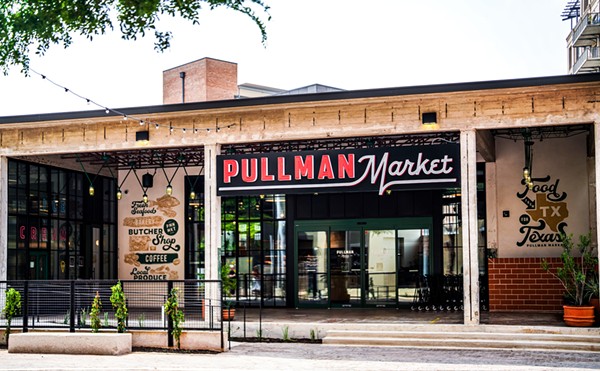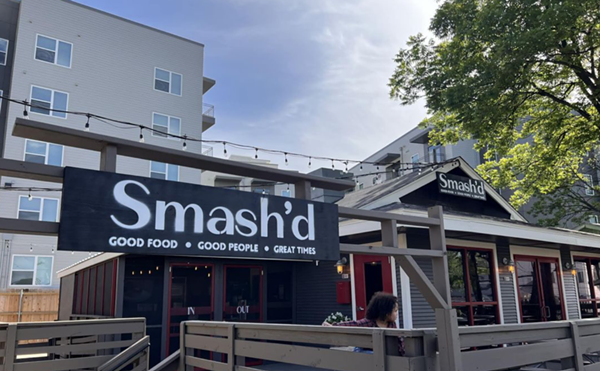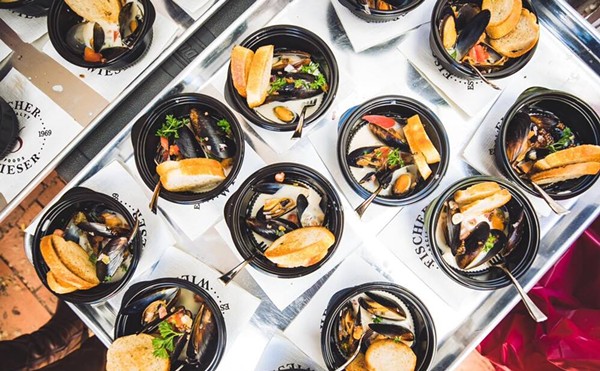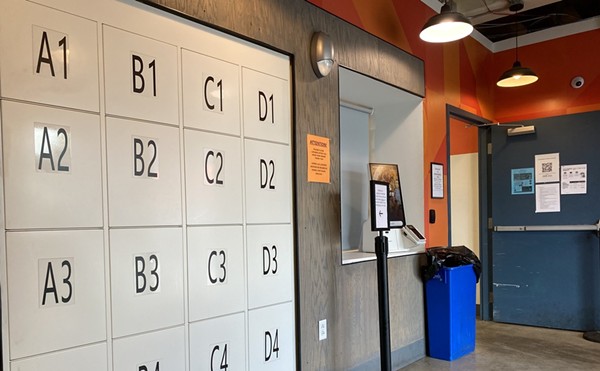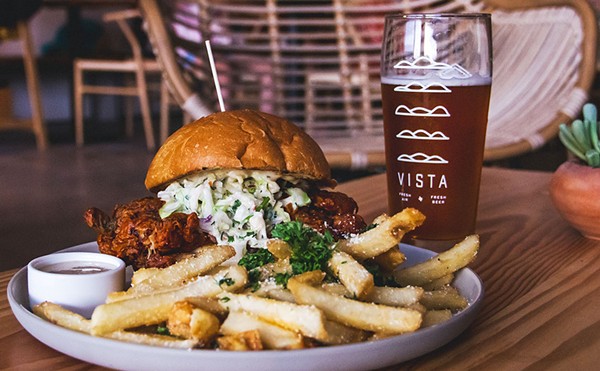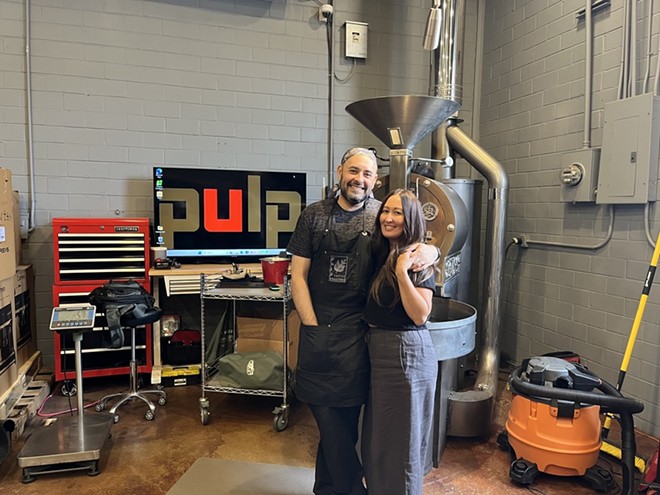
Name: James Mireles
Title: Owner and operator of Pulp Coffee Roasters in partnership with his wife Liza
Birthplace: San Antonio
Where to get Pulp's products: Pulp's in-house roasted coffee beans can be purchased at the company's roasting facility, 503 Chestnut St., and at the Summit Cafe, 2575 Marshall Road.
James and Liza Mireles, the owners of Pulp Coffee Roasters, are so passionate about the bean they got married on National Coffee Day.
The Mireleses founded Pulp Coffee Roasters almost seven years ago inside LocalSprout Food Hub, where they were among the first tenants. Now, after a long battle with the City of San Antonio, Pulp is preparing to open an in-person coffee bar inside its roasting facility.
Beyond their passion for coffee, the married business partners have nearly 40 years of combined experience in the industry. Before striking out on their own, the pair worked for global coffee brands in Southern California.
During a conversation with the Current, James spoke with passion about every aspect of the coffee-making process.
When it comes to sustainability, why is it essential for a sustainable coffee brand to have certifications and labels?
Traceability. I think people are more curious than ever before to find out where their product comes from. Never before have they been able to trace it. Now, because of technology and because of the access to [your phone], you can trace anything that comes your way. Where is the farm? Does the farm even exist? [You can] look it up on Google, and it will tell you. So, like, that's a big deal. Which is going back to the question of earlier, commodity versus specialty [coffee]. You're not going to find traceability on commodity coffee. But you will find traceability on specialty coffee.
Wine has its similarities to the coffee market. In terms of price, does a more expensive coffee translate to a better cup of coffee?
Most of the time, the answer is yes. That is an 80/20 rule. When [my wife and I] go out to have coffee, we can sometimes tell whether it is a commodity or a specialty coffee. Even though we thought we were getting a specialty coffee, it may have been a commodity. It comes out in the flavor and how consistent they are with their water.
Water is one of the biggest things. One of the worst places to do coffee in America is San Antonio. It's the hardest water in comparison to any other part of the country.
Does this summer's heat wave affect your coffee roasting process?
One-hundred-thousand percent. Humidity is a big one. In Southern California, our weather was pretty consistent — we never changed roast profiles that much. Here in San Antonio, we do not have a choice but to redo our profiles two to three times a year. Say we start off a normal 10-minute roast. Well, it may go to 10 minutes, 30 seconds, or it may go down [to] nine minutes and 45 seconds, depending on how long the green coffee bean has been sitting. What is the atmosphere? We roast coffee by temperature and time. What is the ambient temperature inside? All those play a factor. That's what we do. We never wanted to cut any corners when we started.
Could Texas have a hyperlocal coffee economy? Similar to how Colorado has a hyperlocal grain economy?
Well, the bean can grow in a climate-controlled environment like a greenhouse where you have full control. Coffee needs tropical weather. It needs the belt, Tropic of Capricorn and Tropic of Cancer, inside that middle line. That is the coffee belt region. That's where coffee grows the best now. Companies like Blue Bottle grew some beans with a university in California and charge a ridiculous amount of money [for their product]. Why? Because of rarity, not because it tastes good. So, you have things that are not readily available. It doesn't mean that they taste better. Remember, taste is subjective. There is no right or wrong. It's just what you like.
Is there something you're doing because you know it's better for the environment even though it may pass on a higher cost to the consumer?
Well, when we first started roasting, we got an afterburner. [For larger coffee roasters, afterburners are recommended. The natural byproducts resulting from the coffee bean roasting process carries a foul odor and produces heavy smoke into the air.] An afterburner will burn the air from the coffee roaster a second time. That was standard operating procedure in California. I don't need an afterburner in Texas. But we future-proofed ourselves. For better, clean air as we're roasting. I mean, do we need it? No, Texas doesn't mandate it. But I knew down the road, eventually they may. So, I'll be safeguarded for the future. We invested early into that.
Subscribe to SA Current newsletters.
Follow us: Apple News | Google News | NewsBreak | Reddit | Instagram | Facebook | Twitter| Or sign up for our RSS Feed




